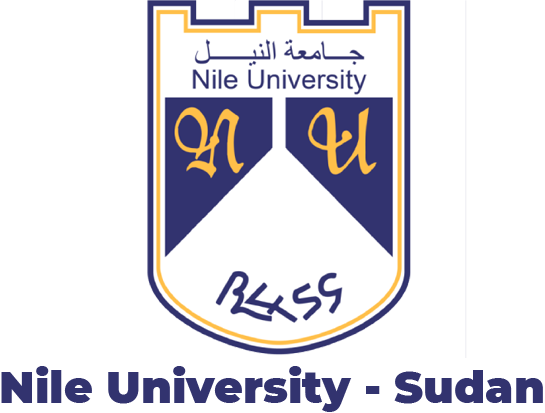Microbiology
About the department
The medical microbiology course will give the students a solid grounding in all aspects of microbiology, enabling you to understand the pathogenesis, diagnosis, treatment and control of infectious diseases.
Medical microbiology is the study of bacteria, viruses, fungi and protozoa. Students will study microbes at a cellular level and learn about their interactions with higher organisms, including the ways in which microbes cause disease, the spread of infections through a population, and strategies for preventing and treating diseases caused by microbes.
The course of Medical Microbiology consists of Bacteriology, virology, and mycology with emphasis on classification, structure and role in health and disease. The aim of the course is to provide the students with both the theoretical foundation and the practical skills necessary for the management of microbial diseases during their medical practice.
Department staff
Professor El Shiekh Mahgoub
Dr Gihan Alteyeb (course coordinator)
Dr Ilham Osman
Research activities
Prevalence of Extended Spectrum ß-lactamase Enzymes (ESBLs) and common genotypes among Enterobacteriaceae family in Sudan
Enterobacteriaceae-producing extended spectrum ß-lactamase enzymes (ESBLs) are a clinical threat and have been associated with increased mortality in patients with severe infections. The prevalence of ESBL producers is rapidly increasing in Sudan.
Together with the Institute of endemic diseases, university of Khartoum, we are conducting a study to investigate the prevalence of ESBLs among
Enterobacteriaceae family and to study the prevalent genotypes in different regions in Sudan.
External relations
Institute of endemic Diseases, University of Khartoum
Research collaboration
The Society for Healthcare epidemiology of America (SHEA):
Dr Nagwa Mustafa is the SHEA international ambassador for 2014. She represented Sudan during the SHEA spring meeting (Denver, Colorado, the USA)
Department activities
Guideline: list the main department activities, other than research. These are for example: events, students’ services or scientific projects, successful experiences, etc. (Not more than five projects/interests, and not more than 10 lines for each project).
Resources & Links
Contact information
Contact person: Dr Gihan Alteyeb
